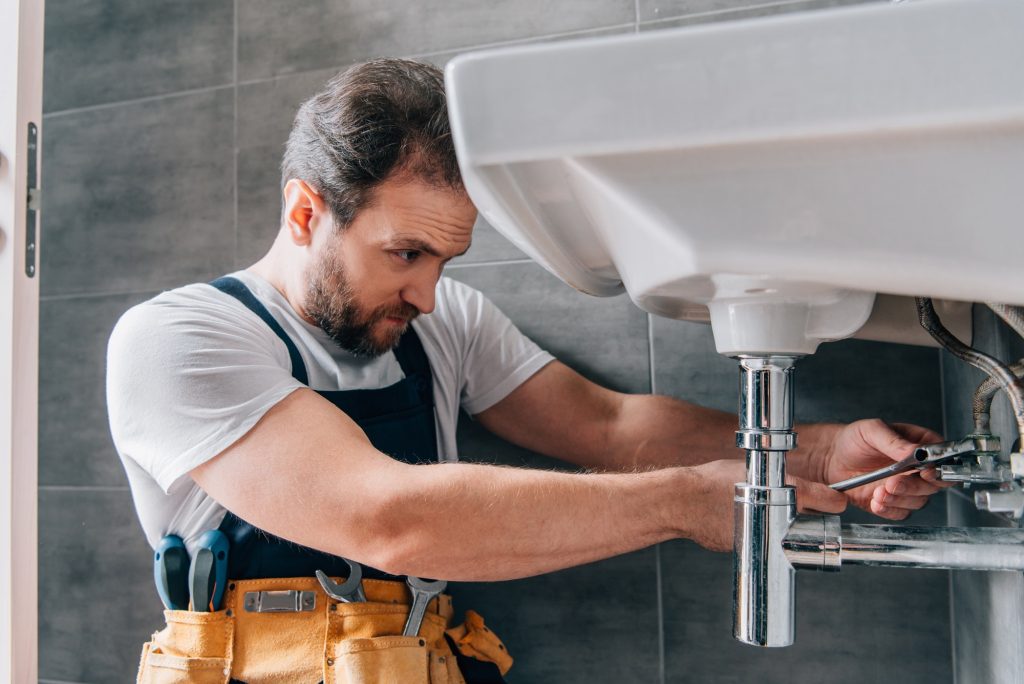A swimming pool is a source of endless fun and relaxation, but it can quickly turn into a source of frustration when a water leak occurs. Identifying the cause of a pool leak is crucial to prevent further damage and costly repairs. Here are some common reasons why your pool may be leaking:
- Damaged or deteriorated pool equipment: Faulty or aging pool equipment, such as pumps, filters or valves can develop leaks over time. Check for any visible signs of water leakage near the equipment or inspect the fittings and connections for potential leaks.

- Cracked or damaged pool shell: The pool shell is the structure that holds the water. Over time, it can develop cracks due to ground movement, freeze-thaw cycles or structural issues. Look for any signs of cracks or gaps in the pool walls or floor. A simple test is to mark the water level and observe if it drops significantly over a few days.
- Leaking pool plumbing: The plumbing system of your pool carries water to and from the pool. It consists of pipes, valves and fittings that can develop leaks due to wear and tear, improper installation or ground movement. Inspect the plumbing lines for any signs of water leakage, such as damp soil or pooling water.
- Leaking pool accessories: Pool accessories like lights, skimmers or return jets are also prone to leaks. Check these components for any visible cracks, loose fittings or signs of water seepage.
- Evaporation: While not technically a leak, evaporation can cause a significant water loss in your pool. Factors such as high temperatures, low humidity and windy conditions can accelerate evaporation. Conduct a simple bucket test by filling a bucket with water and placing it beside the pool. Measure the water loss in the bucket and compare it to the pool’s water loss. If the pool loses more water than the bucket, it indicates a possible leak.
- Groundwater issues: If your pool is located in an area with a high water table or poor drainage, groundwater can seep into the pool. Look for signs of water seepage around the pool perimeter, such as soggy or wet soil.
When trying to identify the cause of bathroom leak repair san antonio, it is essential to systematically inspect each potential source. Start by eliminating the simplest possibilities, such as evaporation or splashing. If you are unable to pinpoint the cause or if the leak persists, it is advisable to seek the assistance of a professional pool technician or leak detection specialist. They have the expertise and specialized equipment to accurately diagnose and repair pool leaks. Remember, timely detection and repair of a pool leak can save you from extensive damage, higher water bills and unnecessary expenses. Regular maintenance, careful observation and addressing any issues promptly can help keep your pool watertight and enjoyable for years to come.
